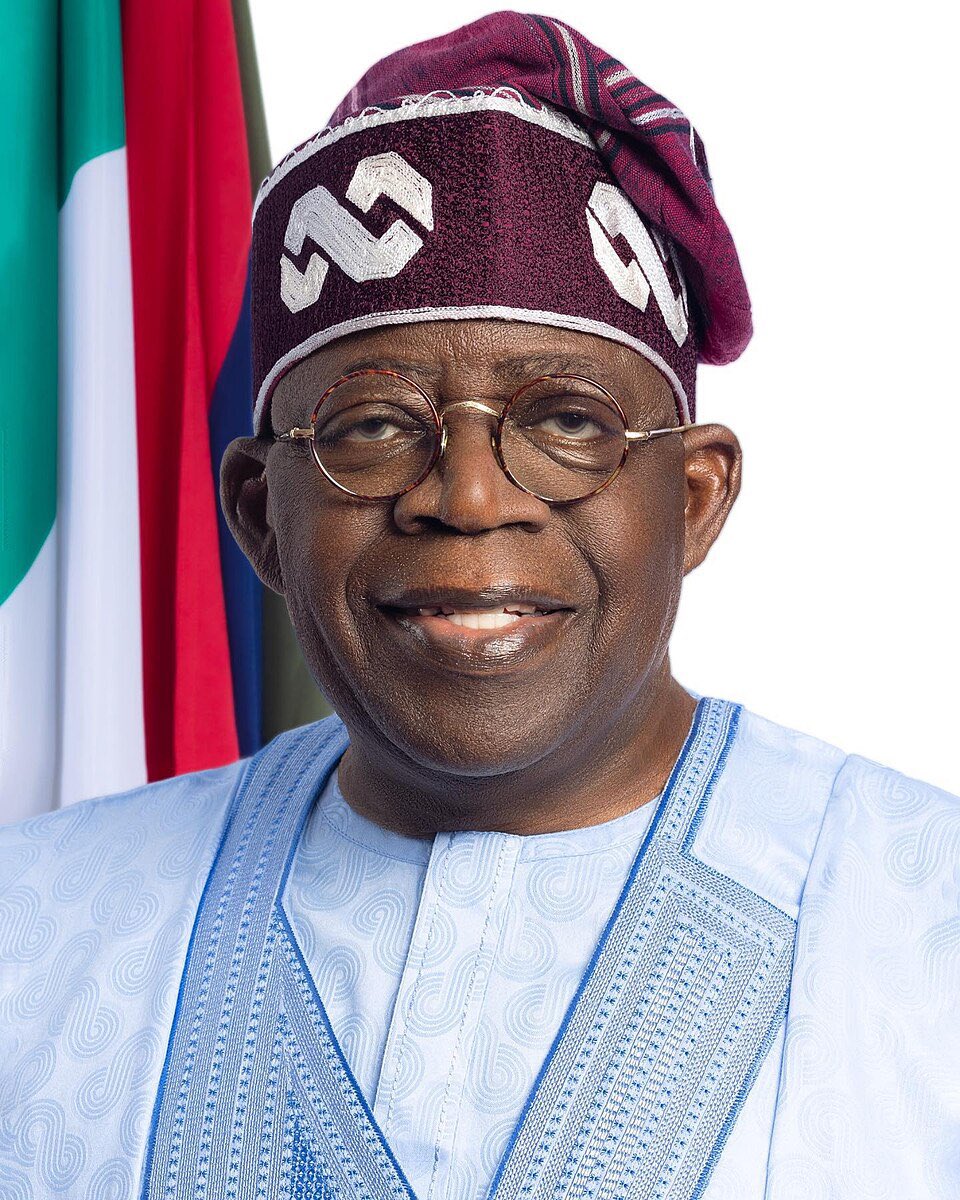

Nigeria’s debt profile has once again taken center stage as the Federal Government confirmed a staggering N17.36 trillion borrowing within just the first ten months of 2025 — far exceeding its full-year target by an alarming 55.6 percent.
According to new fiscal data, the government sourced N15.8 trillion from the domestic market by October, complemented by an additional N1.56 trillion in external loans recorded during the first half of the year. This brings total public borrowing to unprecedented levels, intensifying concerns about the nation’s debt sustainability and the growing pressure on future budgets.
Analysts warn that this surge in borrowing — despite initial promises of restraint under the current administration — could deepen Nigeria’s dependence on credit markets, further straining revenue allocation for capital projects and debt servicing. With the 2025 fiscal deficit already ballooning, questions loom over how the government plans to balance its books amid persistent revenue shortfalls and sluggish non-oil income growth.
Critics argue that while borrowing remains a legitimate tool for development financing, the scale and speed at which the government has accumulated new debt signal a troubling trend. “This pace is unsustainable,” one Lagos-based economist noted, stressing that servicing costs could soon consume over 70% of total revenue if reforms lag.
Supporters of the administration, however, insist the loans are strategic — targeted at infrastructure expansion, social programs, and power grid upgrades expected to boost productivity and attract private investment in the long run. Yet, even that optimism is shadowed by concerns of misuse, delayed projects, and opaque loan terms, especially regarding some of the foreign credit lines negotiated in the first quarter.
As Nigeria’s debt mountain continues to rise, the debate has shifted from how much is borrowed to how wisely it is spent. With elections still years away but economic realities tightening daily, citizens are watching closely — and this time, even patience feels like another loan waiting to be repaid.


